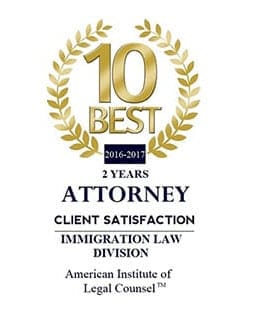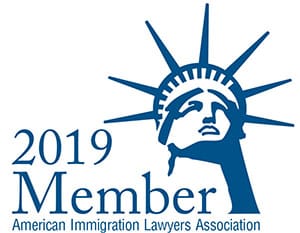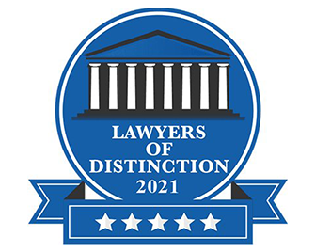Finishing an estate plan is a milestone you should complete as adults, and then, you update it periodically throughout our lives as we progress. One aspect that we add as our estates grow is a trust, and once a trust is added to our estate plans, we need to pick a Greenbelt, Maryland, trustee.
What about family and friends?
For estate plans, we normally use a friend or family member for something, whether it is for a power of attorney, executor, etc. And, we may be tempted to use the same person again for the trustee position, but that is usually a mistake, unless they are a professional trustee.
Why not a friend or family member?
Unlike other estate plan positions, like a power of attorney, executor, etc., where your friend or family member is effectuating your wishes, a trustee position is essentially a job. And, it is a job that has legal requirements, like tax reporting, accounting and reporting, etc. Plus, they can last for years, even decades and need constant attention and asset management. That is why a trustee position is described as a job.
Choosing a trustee
Since you are not using a friend or family member for your Greenbelt, Maryland, trustee, you will need to search for a professional trustee or corporate trustee service. This also means you will need to research to find the trustee who is right for you and your trust’s needs.
First consideration, cost
When you compare costs between Greenbelt, Maryland, professional trustees and corporate trust services, make sure you are comparing apples to apples. Ask for their comprehensive fee, which includes all of the fees, not just their personal fees. You may need to give them a detailed accounting of everything in your trust because the fees may change based on the assets under management, but the key is comparing comprehensive fees, not just trust fee to trust fee as they may add addition fees for attorney, CPA, etc. services.
Experience and knowledge
Next, you will need to make sure that the potential Greenbelt, Maryland, trustee has the experience and knowledge to manage your trust. This means, again, detailing the assets within the trust to make sure they understand how to manage those assets. In addition, they need to understand how to legally manage the trust entity as well under state and federal law.





